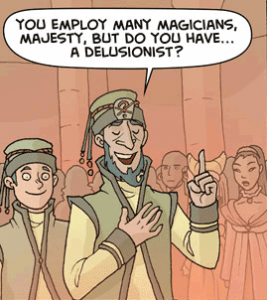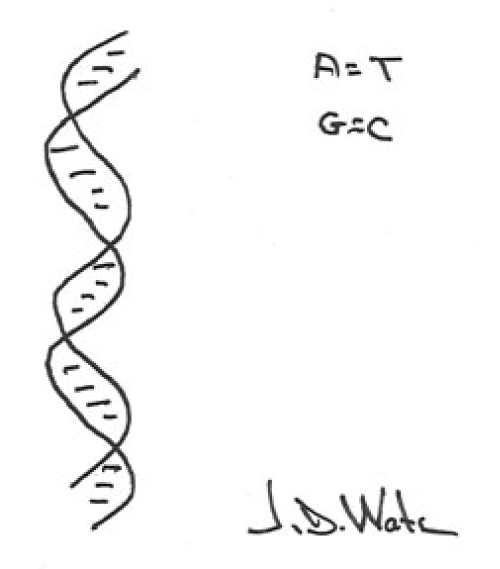When we last encountered Virginia Heffernan, she was upset that hatefest science blogs had journalistic integrity, and encouraged everyone to read science denialist blogs instead; then the usual gang of anti-science frauds joined in, with Rod Dreher and various Catholics chiming in. It was all over the Pepsico debacle, in which the Scienceblogs management gave advertorial space to Pepsi without marking it as an ad, prompting a whole bunch of science journalists to promptly decamp…but Heffernan exposed herself as just generally anti-science in her reaction.
Now she’s back, declaring that she loves technology and dislikes science, and that she’s openly a creationist.
I assume that other people love science and technology, since the fields are often lumped together, but I rarely meet people like that. Technology people are trippy; our minds are blown by the romance of telecom. At the same time, the people I know who consider themselves scientists by nature seem to be super-skeptical types who can be counted on to denigrate religion, fear climate change and think most people—most Americans—are dopey sheep who believe in angels and know nothing about all the gross carbon they trail, like “Pig-Pen.”
Did I mention she’s a raving climate change denialist? Yeah, she’s a raving climate change denialist and a creationist, but she loves her little smart phone. And her entire argument against science is that she doesn’t understand it, it’s complicated enough to contain internal debates, and she has this bigoted stereotype of what scientists are like. Oh, and science stories are impersonal, while Bible stories are fun and amusing.
She also mentions that the just-so stories of evolutionary psychology are inconsistent BS, but she’s such a delusional twit that I can’t even agree with her there, just on principle, much as I’d like to.
You know, I don’t assume most Americans are dopey sheep. It takes a little evidence to convince me. But at least I can say that Virginia Heffernan has persuaded me that she, at least, is a dopey sheep. Maybe that’s her problem; every time she meets a scientist she opens her mouth and says something stupid, and they react appropriately.





